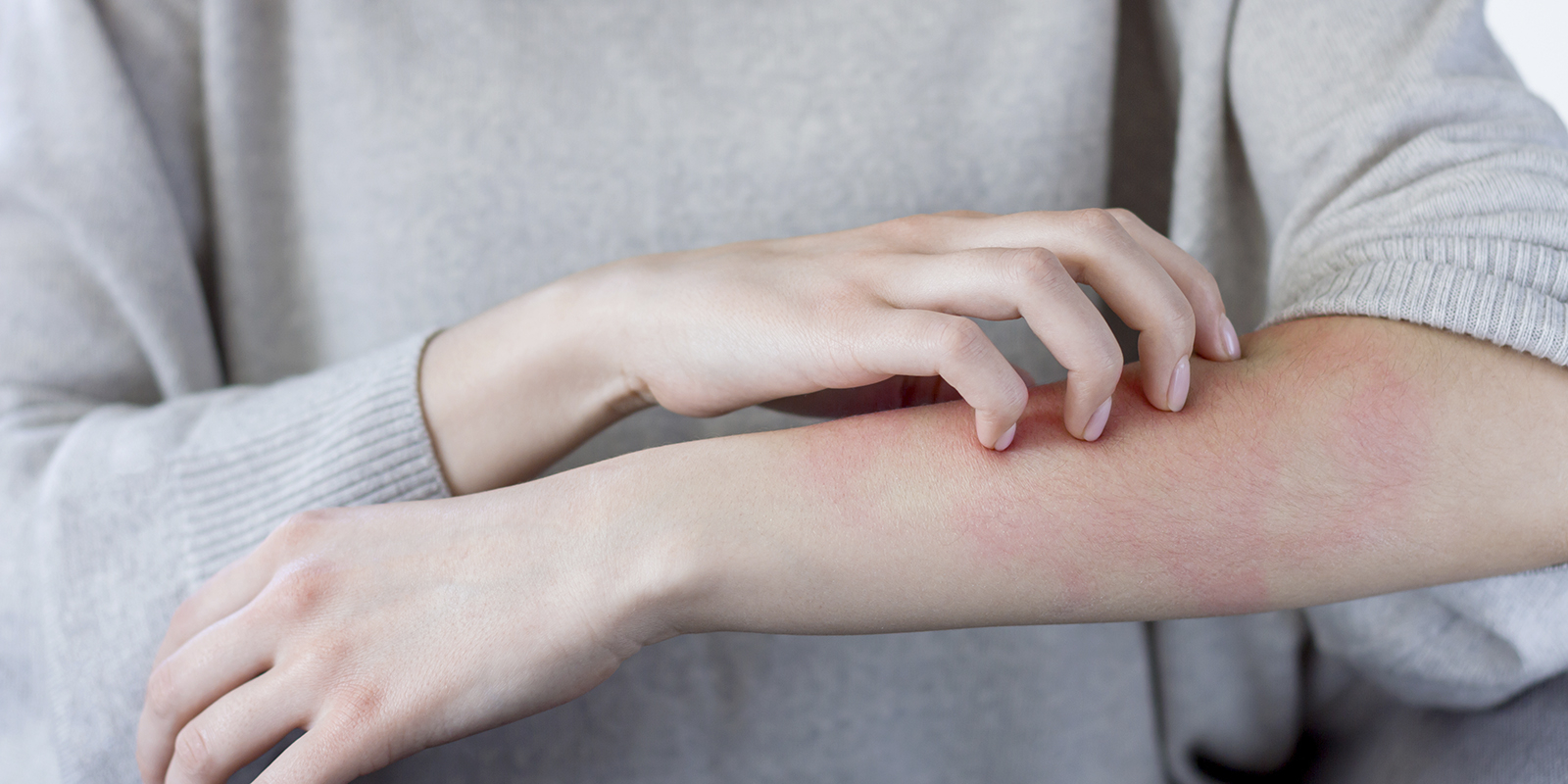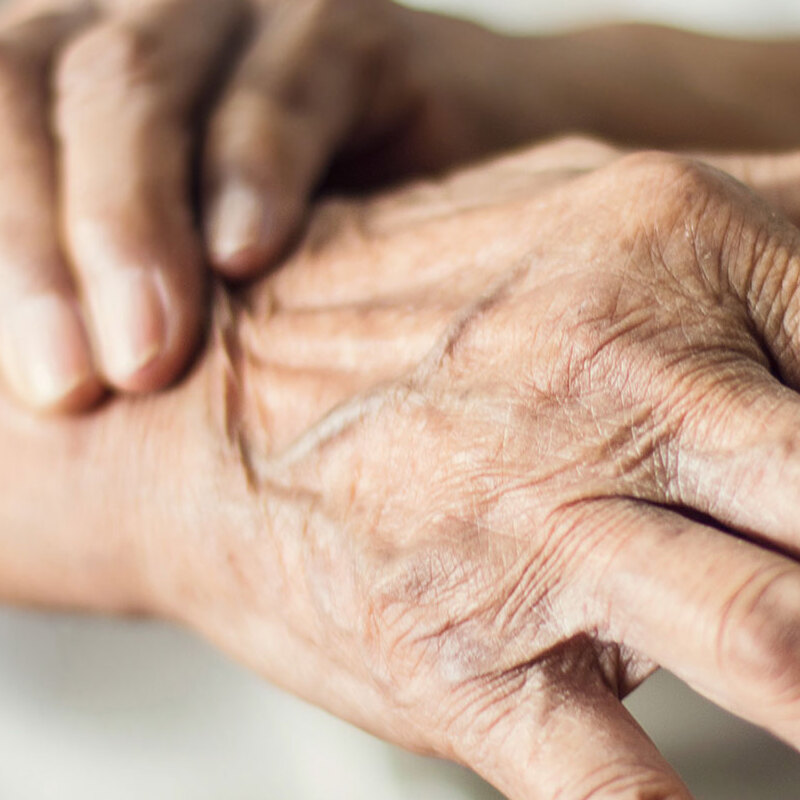As we have seen, eczema and dry skin share common symptoms, but some symptoms only develop in either one.
Dry skin occurs on the face or the body and gives you a sensation of tightness and roughness to the touch. The symptoms of dry skin include:
For eczema, the symptoms depend on which type of eczema you are experiencing. Eczema can appear anywhere on the body, but the most common places where you will notice symptoms are on your hands, neck, elbows, ankles, knees, feet, face, in and around ears or lips. “If your hands are extremely dry and painful, and using moisturizer throughout the day is not helping to relieve the, you may have eczema” explained Dr Davis in a study published in the American Academy of Dermatology Association on How to tell the difference between dry hands and hand eczema. “Hand eczema is one of the most common forms of eczema, causing dry, itchy and irritated skin”.
Unlike dry skin, eczema can cause the following symptoms:
The itching is much more pronounced in atopic eczema-prone skin.

.jpg)








